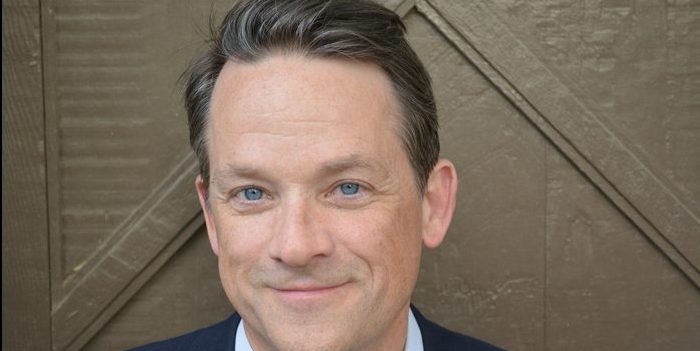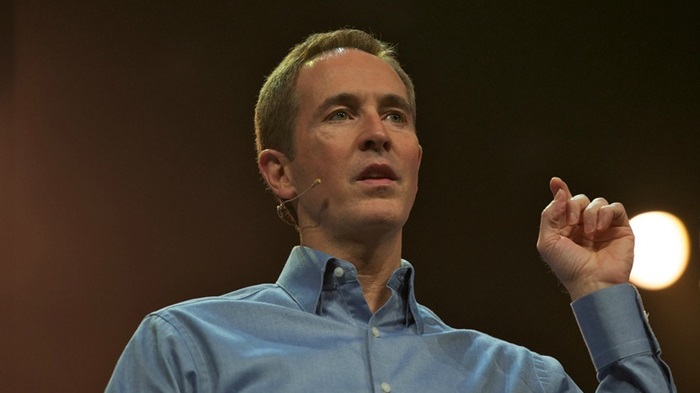At the macro level, education is in a perpetual cycle of change. Policy, accountability and curriculum frameworks have school in a spin.
Schools themselves (or groups of school) evolve, priorities are reshaped or reformed and the same could be said about school buildings and grounds. Staff are transitory.
As a school leader, I was raised in a culture of Self-Evaluation and School Improvement Plans, impact projects (that makes me shudder), monitoring, milestones and evaluations and reviews. Repeat.
The only constant maybe change.
Hence, presenting change as inevitable in school is a secure proposition. Change is arguably the undercurrent of workload, retention and recruitment issues. Excessive change (even if necessary) is undoubtedly harming our profession, our staff, our students. That said complete stagnation, uniformity and steadfastness, could potentially be disastrous.
What cycles can I experientially comment upon
I have only 6 terms experience as a Headteacher. I have only experienced one full academic year cycle, two September and two January starts. Five staff resignation, employment cycles. Two National conferences. I have experienced six academic reporting cycles (another post to come on that topic), Trustee Board meetings and Headteacher termly reports. Four Senior Education Leadership Team residential meetings and four Staff, Parent, Student, surveys. 12 starts of half term. 78 Mondays, there or thereabouts?
What have I learnt
Conversations matter. Not just the presentation of change; consultation, presenting the rationale, following through, gathering feedback. All of these communications are important, of course they are but ever convened conversation as a Headteacher, school leader matters. Every communication and every conversation manages perception. As does the conversations you defer, delay or dump.
You have to be ‘seen’ to be managing change, managing up, across the team, as well as down. Change is often uncomfortable. There is always a cost. Always. As a school we are now comfortable with being uncomfortable. In fact, some of our best inventive solutions have arisen from difficult or unforeseen circumstances or change. Remodelling the Learning Support Team, losing a team member at short notice, supporting the National Support Office. What I have seen first hand is that staff are more creative and resourceful when resources are scarce.
Nothing decided at a leadership team or Trustee body meeting will be of any use whatsoever unless it is properly communicated. So, whenever a decision is made, I now ask myself / the team, ‘Who needs to know? How and when should we tell them? Who should tell them?’
On the last day of term, four of the leadership team had got together to resolve a staffing conundrum. When I arrived at the office to see them working through the problem, I withdrew from the office door and left them to it.
When change is directed, it can be difficult, it can be frustrating too, when skeptics pose tough questions to change that you are leading but did not conceive.I still find it difficult however I now try see value in the skeptics voice. I try to be less defensive and more welcoming, in inviting of the voice of concern to take a step forward. Which they occasionally do.
I am looking forward to my colleagues investigations on a school that operates a Change Management Team (CMT). A representation group from the school that considers and reports on the potential impact of significant decisions – eg moving to a new MIS, or moving tutor to the start of the day.
New to school, new to role, I have really tried hard to look back before looking forward. To talk with staff with more experience of the organisation than I have. I am hesitant to deliver a new initiative that have been previously tested and dropped, without first assessing the “cost of change” and halting something else, first.
Leaders endeavour to have a broad view of the school. We run three surveys every term; staff, parents, students. I personally believe these are invaluable. Meanwhile my trusted colleague and administrator and I frequently debate whether these surveys should be anonymous or named. What I will say is, once reviewed and summarised we always share the summary and address the feedback, very publically. (For the record, I am not in favour of Joint Consultative Committees). I am also proud to say that our staff have reported improvements for three consecutive terms.
[poll id=”13″]
Not all preconceived ideas can be dispelled. There will be staff that would rather not let common sense and reason get in the way of their opinion. Being aware of these views or preconceptions however can help you formulate strategies and frameworks for implementing change more effectively.
Trust begets trust. Building capacity starts with placing trust in others. Even if that trust is misplaced, the long term benefit outways any clear-up-job.
Make sure you are asking the right questions.
The most common source of mistakes in management decisions is the emphasis on finding the right answer rather than the right question. Peter Drucker


